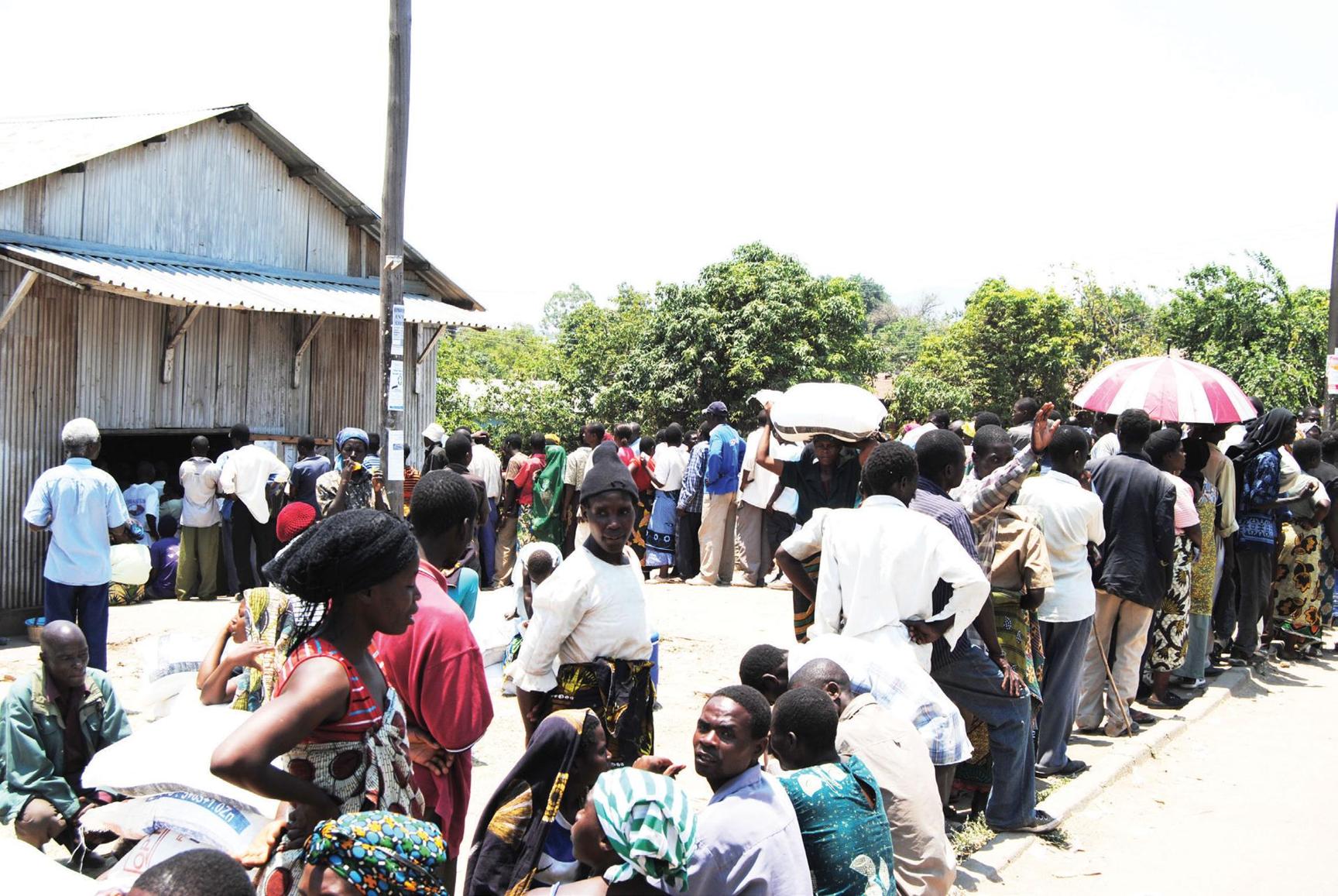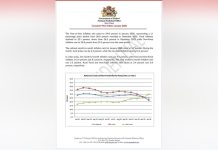Africa-Press – Malawi. The European Union (EU) has backed calls by some stakeholders to have the Affordable Inputs Programme (AIP) revamped, arguing that in its current state, AIP cannot achieve the goal of food security and sustainable agriculture production for Malawi.
EU Ambassador to Malawi Rune Skinnebach expressed the backing in Blantyre during a media interaction with members of Blantyre Press Club. Skinnebach said while the country values maize as the staple commodity, social cash transfer programmes for food purchases for smallholder farmers would be ideal in the interim.
“It [the programme] needs to be more targeted. It needs to be better monitored and it needs to be decreased gradually because, in its current shape, it does not produce enough outcomes and cannot be afforded,” he said.
On the cash transfer programme, which started in 2006, the EU ambassador expressed hope that it is working by helping people afford basic needs. He added that the EU will continue supporting the programme because the regional block believes that it is helping Malawians enjoy sustainable economic livelihoods.
The government has also committed to ending AIP in five years by reducing the number of beneficiaries by 20 percent each year. This is according to a Memorandum of Economic and Financial Policies submitted to the International Monetary Fund and signed by Finance Minister Sosten Gwengwe and Reserve Bank of Malawi Governor Wilson Banda.
“We have moved farmers at the lowest end of the income spectrum to social protection programmes and those at the higher end of the spectrum to commercial agriculture programmes supported by development partners,” the memorandum reads.
Gwengwe has since maintained the provision for the AIP at the approved provision of K109 billion during the mid-year budget review despite rising prices of fertiliser and other agricultural inputs.
He said earlier that maintaining the budget aims at maintaining the deficit, which is currently at K850 billion, within sustainable levels, which will eventually lead to prudent use of national resources.
At its inception, the programme helped make the country food secure but as it continued, its relevance started to fade on the back of political interference and being submerged in cartels of inputs supplying middlemen.
Justin Mkweu is a fast growing reporter who currently works with Times Group on the business desk. He is however flexible as he also writes about current affairs and national issues.
For More News And Analysis About Malawi Follow Africa-Press






